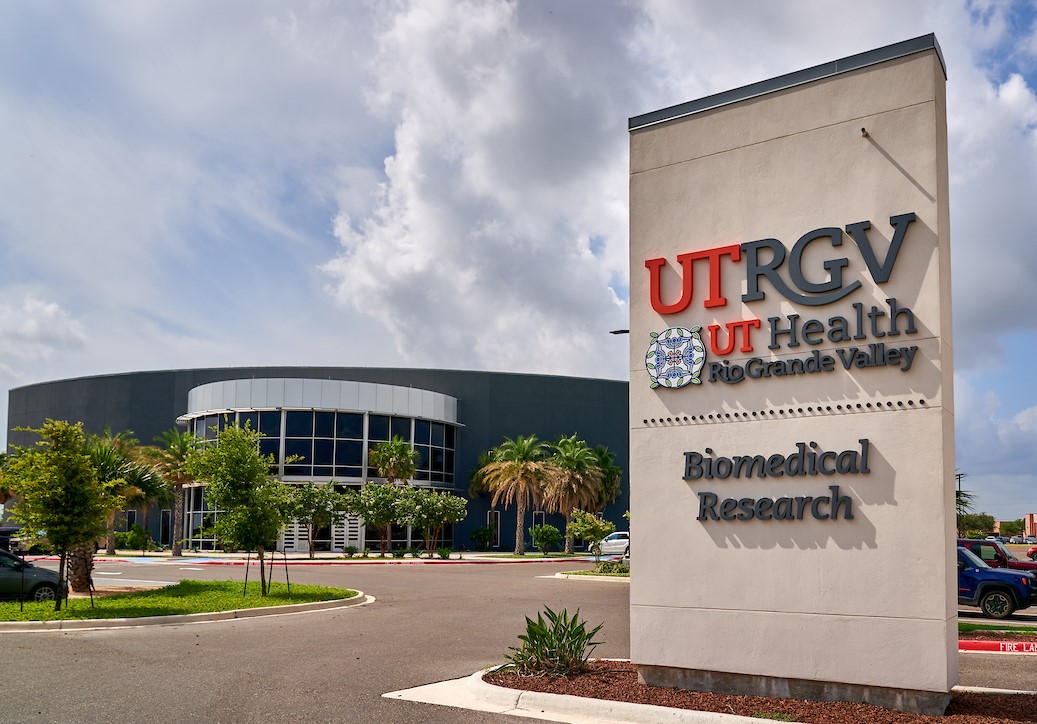
The Master of Science in Biomedical Engineering (MSBME) program offers advanced training in biomedicine and engineering, covering sub-disciplines such as cell and tissue engineering, biomechanics, robotics, bioinstrumentation, and more. Faculty from various departments collaborate to provide an interdisciplinary approach to learning. The curriculum includes a common core and three specialized focus course lists in Biomechanics, Biomaterials, and Biomedical manufacturing and instrumentation. Students gain foundational knowledge in molecular and systems-level biology, as well as computational modeling of physiological systems, and specialize in specific areas of biomedical engineering.
Graduates of the Master of Science in Biomedical Engineering program can pursue a variety of careers in the biotechnology industry, pharmaceutical, hospitals, medical device companies, medical research facilities, and government regulatory agencies.
